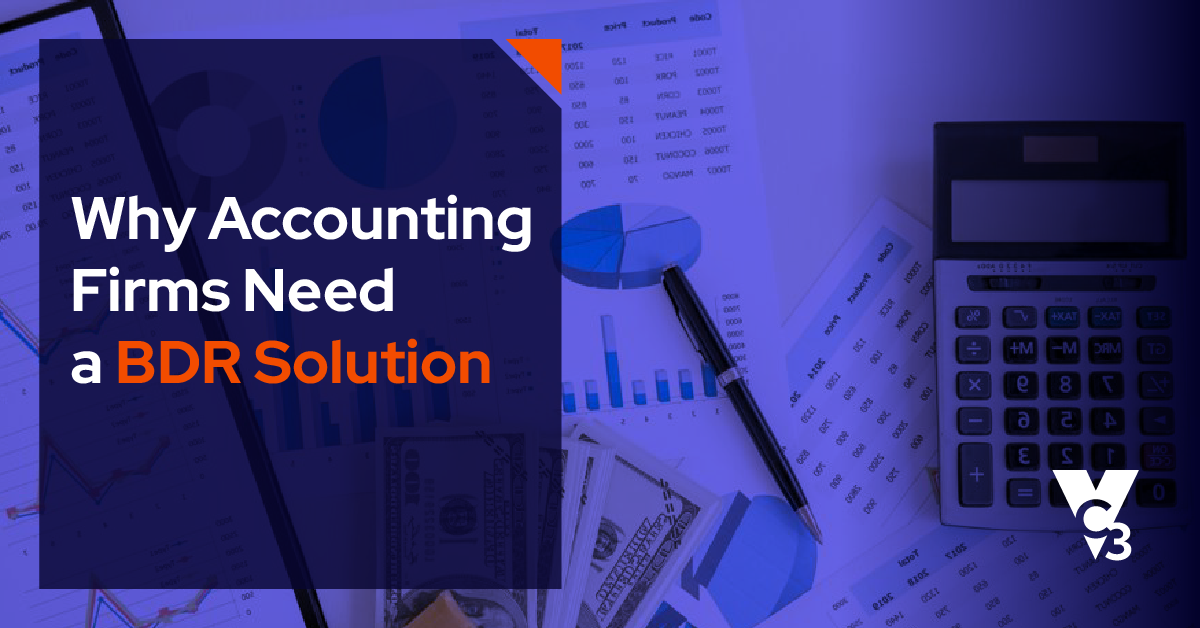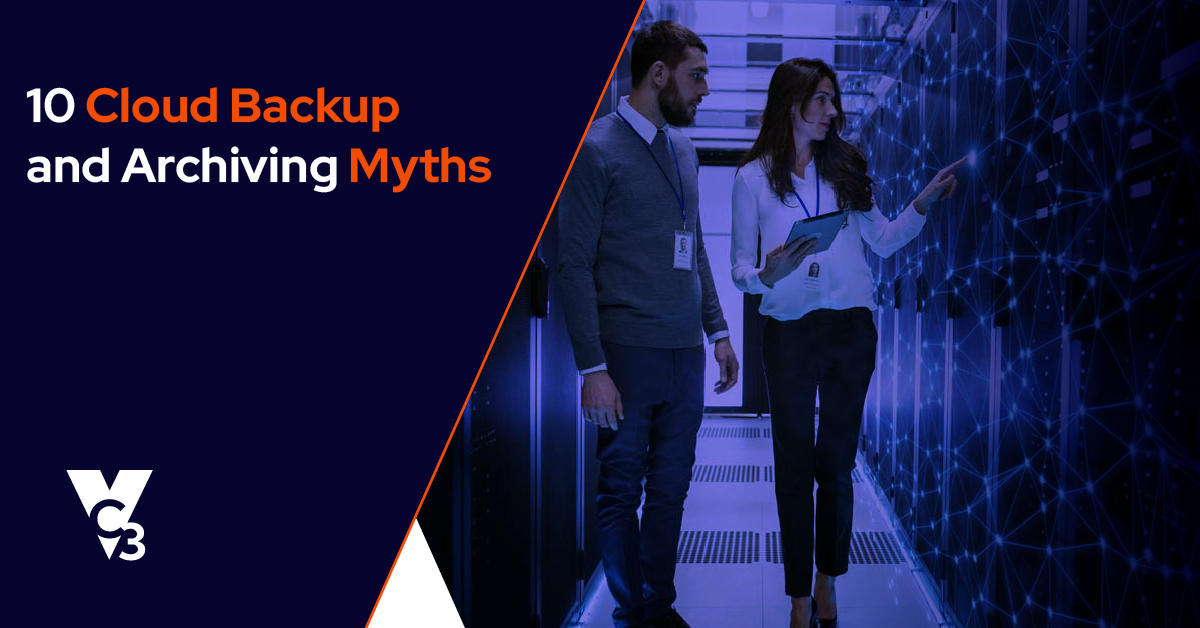Imagine you’re in charge of a library and someone asks for a book from your archives. You may go into a room closed off from the general public that keeps historical records for preservation. There, you can find records that go back many decades or even centuries.
One day, the library burns down. A library patron asks you if you had any backup copies of your books. Do you take them to your archives? No. Your archives burned down too. Clearly, backing up copies of books was not the function of your archives.
For electronic data, you need both backups and archives because they serve two different purposes. Let’s look at the key differences.
Data Backups
A data backup copies existing data and stores those copies in an offsite location. Data backups are used for the following purposes:
- Fast recovery of data currently used for operational purposes: This includes critical and regularly updated data. For example, if your organization constantly updates payroll data, you need the most recent version of that data restored after an incident. Data backups usually copy all your data that you need to operate including files, documents, operating systems, applications, systems, and databases across servers, desktops, and mobile devices.
- Insurance in case something unexpected happens: Data backup is there for you when a significant data incident occurs such as a server failure, ransomware, natural disaster, or other event. Without data backup, such events have the potential to corrupt, delete, or destroy your data, leading to permanent data loss.
- Offsite component for disaster recovery and business continuity: The copies must be stored offsite in order for data to be truly backed up. If your network is catastrophically impacted, you can restore your data from this offsite copy.
Unlike data archiving, you do not have any type of search capability within the backups. If you need to go back in time and retrieve information regarding a certain topic, you will first need to restore your data backup from a given time period. If you don't know exactly that timeframe you are searching, this process could lead to a protracted effort of restoring and searching, restoring and searching, restoring and searching as you try to find a specific piece of data.
Avoiding this tedious process is why you also need data archiving.
Data Archiving
Archives capture data (such as email) as it passes through your system and will maintain it for the duration of time you define. You can perform e-discovery searches within your archive to find and manage specific types of data—extracting data from the archive individually or based on search criteria. An archive ensures every designated piece of data is saved regardless of how that data is handled by an employee.
- Archives store inactive data not used day-to-day: Unlike data backups, data archiving focuses on data that you don’t use day-to-day such as historical data, inactive data, old data, and unchanging data. Because the data is rarely used or accessed, the data can be compressed and stored at a much lower cost than actively used data.
- Archives store data for a long time: Whether for a required period of time or indefinitely, data archiving serves as a repository for long-term data storage.
- Archives are optimized for searchability and retrieval: Because you may need to find archived information quickly, similar to a library’s archives, the information must be organized and findable. Labeling files with metadata (such as title, author, department, description, keywords, etc.) helps you find them quicker. Archives allow you to quickly access many years of business information under a variety of parameters, such as searching for emails of a certain type across a span of two years.
- Archives are best used for individual data types: Unlike data backup, which backs up data such as operating systems and applications, archives are best for specific data types such as email.
As you can see, archiving is ideal for compliance. If a law or regulation mandates specific records retention requirements, then data archiving can help you meet those requirements. Legal requests for records or looking up historical data for reference purposes becomes much easier with data archiving—whereas only using data backup may lead to many months of trying to find the right data.
In other words, without data archiving, try telling a court that you need a year to find an email from five years ago.
Use Both Data Backups and Data Archiving
Considering the benefits of data backups and data archiving listed above, it’s clear that you need both.
- Data backups help you recover quickly from an incident (cyberattack, server failure, natural disaster, etc.) and maintain business continuity by restoring all your critical applications, databases, and files.
- Data archiving allows you to store historical data at a low cost for retention purposes in an organized searchable way, helping you comply with records retention laws and quickly retrieve information for legal or reference purposes.
If you have further questions or concerns about your data backups and data archiving, reach out to us through the form below.





